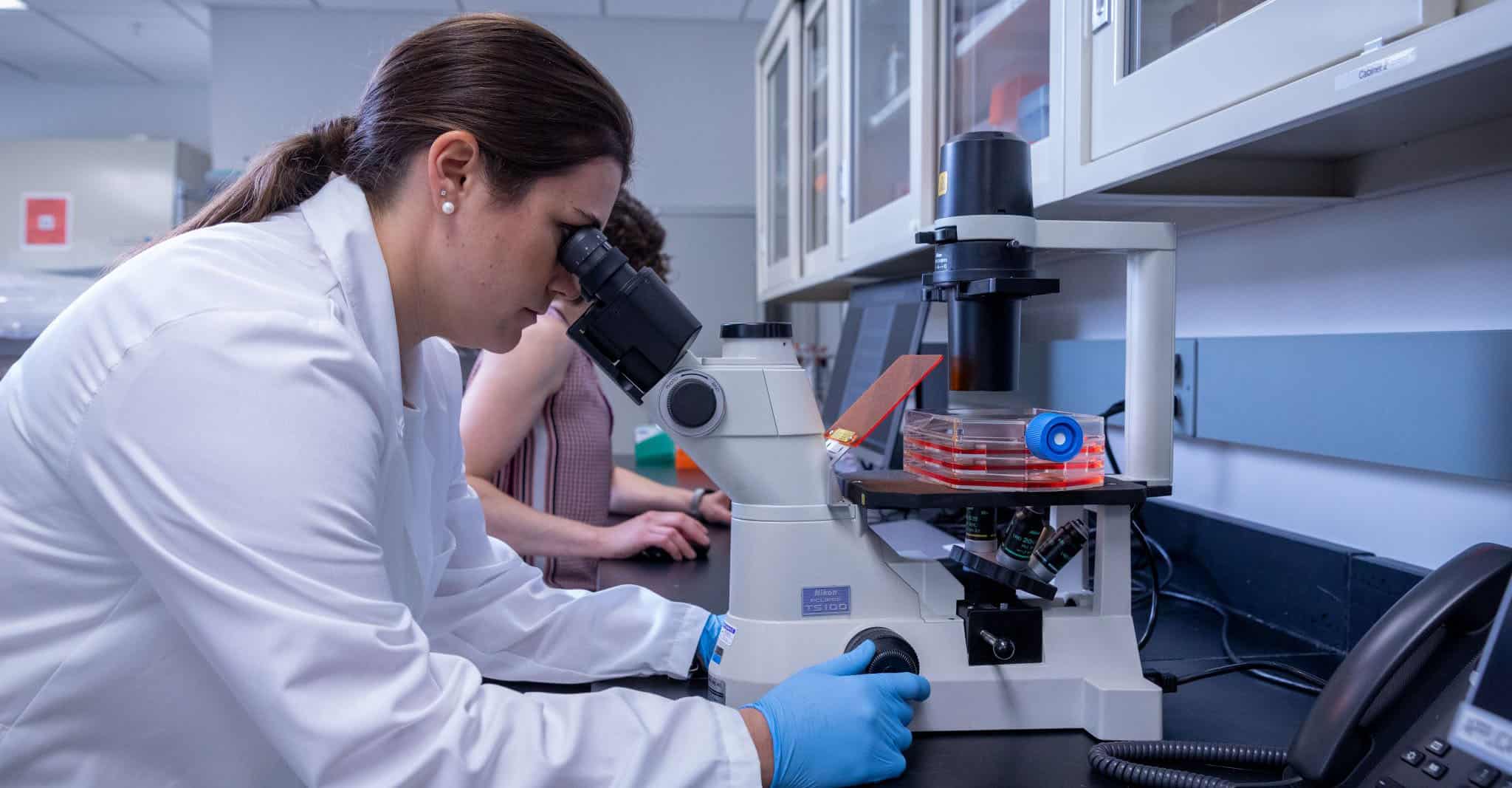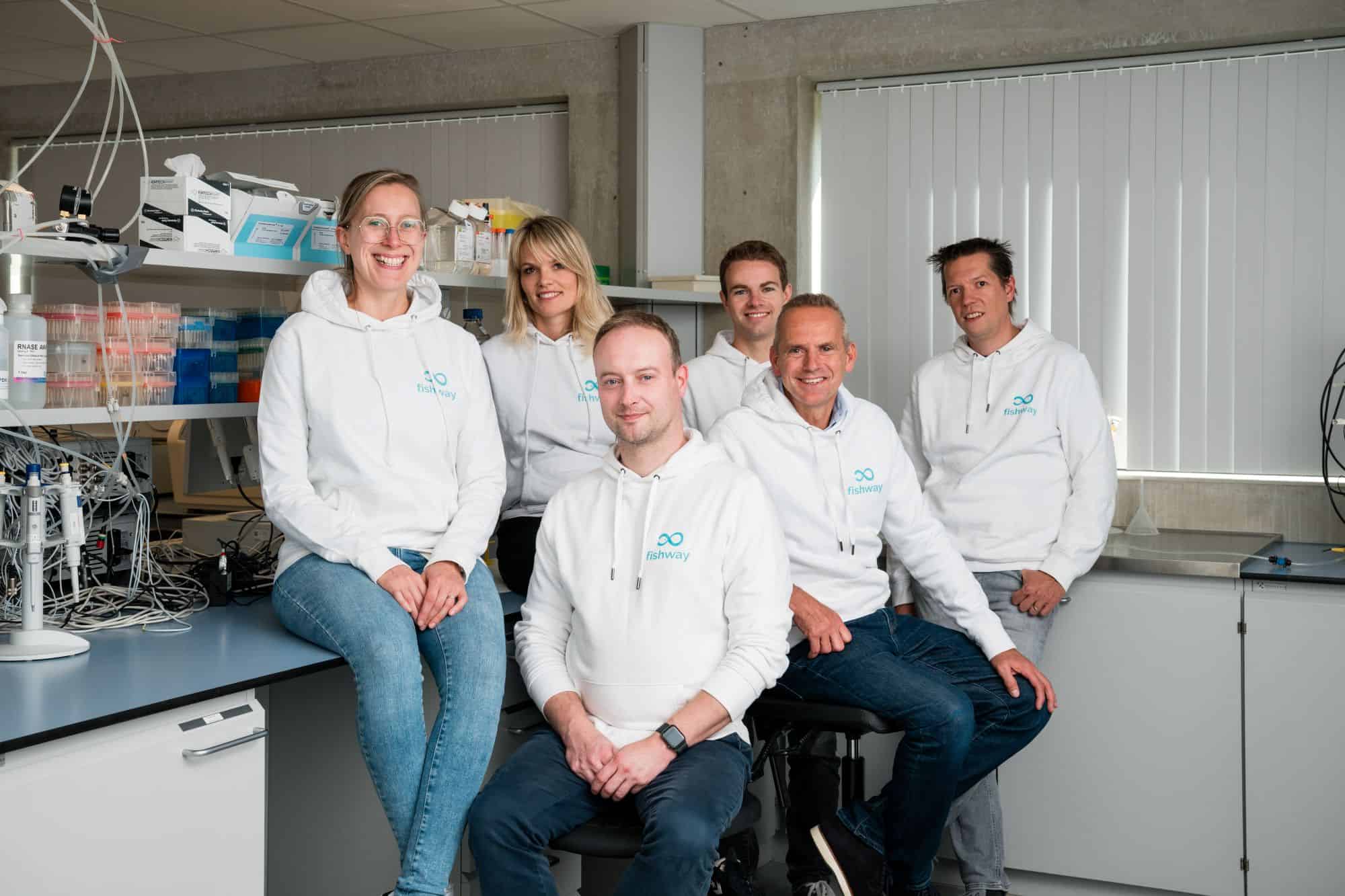Corning Inc. has published a patent describing edible microcarriers and support structures for cultivated meat production, highlighting how global suppliers are beginning to address one of the field’s most pressing challenges: scalability. The recently published filing (WO2025193526A1) shows how Corning aims to adapt its life sciences expertise for the alternative protein sector.
From patent to platform play
In cultivated meat, animal cells are grown in bioreactors on surfaces called microcarriers. Traditionally these are non-edible, requiring costly removal before processing. Corning’s invention describes edible versions that can remain in the final product, eliminating an extra step while enabling both cell growth (proliferation) and maturation (differentiation) in a single bioreactor. The patent also outlines options to modify carriers with biomaterials or edible crosslinkers [molecules that link polymers] to fine-tune texture and performance.
Strategic signals beyond the patent
With more than $12 billion in annual revenue, Corning is a global leader in glass, materials science, and life sciences equipment. Its move into cultivated meat indicates that the field is gaining the attention of multinationals with the resources to shape industrial supply chains.

This patent builds on earlier initiatives. In 2023, Corning launched a joint lab with Singapore’s A*STAR focused on biomanufacturing, naming cultivated meat as its first area of exploration. A year later, the company reaffirmed that the lab would help develop “cost-effective models for cultured meat production” as part of its broader life sciences strategy.
Why it matters
For cultivated meat producers, lowering costs and simplifying manufacturing remain critical. Edible carriers remove a bottleneck in downstream processing and could make structured products easier to achieve. Startups such as Smart MCs and Matrix FT (acquired by Nexture Bio) are already exploring similar approaches.
Corning’s entry, however, is a strong signal: the cultivated meat industry is no longer just the domain of startups. The involvement of a global supplier suggests that scaling solutions may come not only from new ventures, but also from industrial giants bringing decades of bioprocessing expertise.
Article supplied by Lab Grown Technologies.




